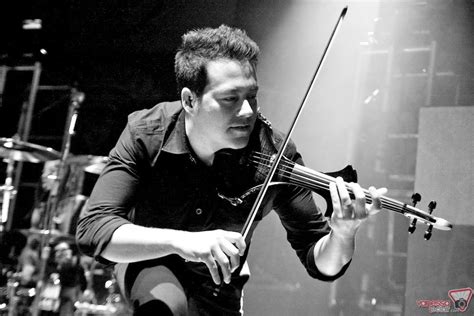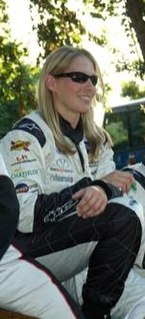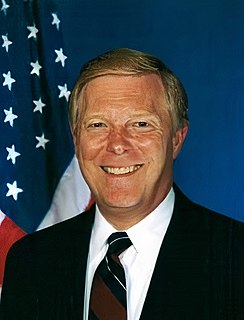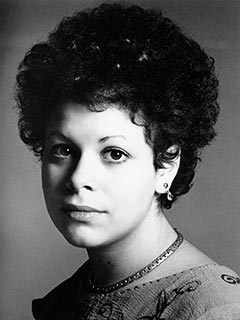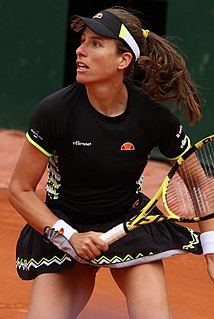A Quote by Sean Mackin
Music education is very important. I think that for me growing up, I was disciplined very hard at home.
Quote Topics
Related Quotes
I don't think poverty provides that much of an obstacle to education as one thinks. I think the bigger obstacle to education is the fact that it's a very hard thing to do for a first-generation schoolgoer. Because not to have parents at home who can help you, motivate you, is a problem even when the parents are in the abstract very keen on children being educated.
Music is what is going to save me," "On the bad days, when I have to look at the cold, hard facts of life, I see that this is not the music business I came up in and I have to be very, very objective and detached and say, 'what's good about it and what's bad about it?' Mostly, I'm finding it good that it's not the same old music business, because the music business I came up in really didn't advance anything I was doing, and I don't think it was particularly kind to a lot of artists.
The rhythm of music is very, very important for people with Parkinson's. But it's also very important with other sorts of patients, such as patients with Tourette's syndrome. Music helps them bring their impulses and tics under control. There is even a whole percussion orchestra made up exclusively of Tourette's patients.
I have this very kind of like heterodox idea of what an education is, what underpins identity. I don't think I'm very easily pigeon holed in any of those boxes, so I confront this. I have a staff full of young people who came up in a very different tradition and who feel very fired up about the big identity battles. I listen and I try to navigate them, but I don't find them mapping onto my life in a personal way which is, which is hard.
